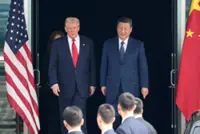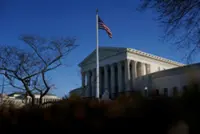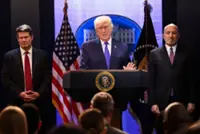KUALA LUMPUR: Amid the US tariff woes, Asean looks to foreign business councils for stronger cooperation and to help be their voice when dealing with their respective governments.
A series of meetings were held – the US-Asean Business Council (USABC), EU-Asean Business Council (EU-ABC) and Asean Business Advisory Council (Asean-BAC) on the sidelines of the 12th Asean Finance Ministers’ and Central Bank Governors’ Meeting.





